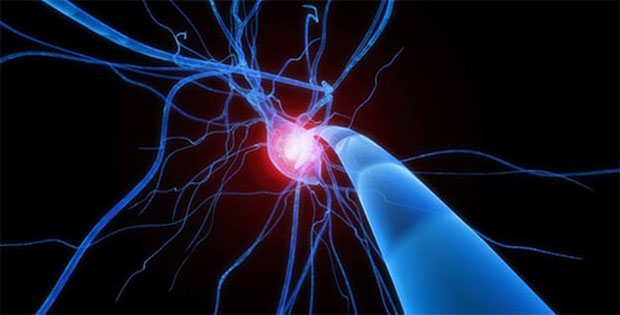Machine Learning AI Algorithms Predict Heart Attacks Better Than Doctors
We have been talking about benefits of machine-learning investments for quite some time. There's simply an incredible amount of potential and opportunities that can come from these learning machines - especially where the medical field is concerned. IBM's Watson might have been one of the first major computers to be used in this way, but the number of dedicated learning machines out there continues to grow by the day.
The human body (and the systems of any living thing, in general) is seriously complex. Doctors can do their best to diagnose issues, but as a mere mortal, there's just no guarantee that they'll be able to correctly detect all ailments, especially when diagnosing certain issues in advance, such as heart attacks.

This is where machine-learning and artificial intelligence can help. When a doctor tries to gauge a patient's risk of a heart attack, eight factors listed by the American College of Cardiology and American Heart Association need to be weighed together. If that sounds simplistic, it is to an extent; and it is because of that simplicity that growing issues could slip through the cracks.
Through the use of machine-learning, doctors took those guidelines, and with four different algorithms, scanned through 378,256 medical records to find patterns that have led to cardiovascular events. In this case, 22 additional data points were considered for even greater granularity.

Some machine-learning can help predict smiles, but it can also save lives
All told, the four methods of detecting issues exceeded the success of manual following of the ACC/AHA guidelines. Using those guidelines, the rate of success was pegged at 0.728 (equivalent to 72.8%), whereas the algorithms increased the chance of successful detection to 0.745~0.764 (74.5~76.4%). If that doesn't seem like a huge improvement, consider the fact that if these detection methods existed before, 355 people among these records could have had their lives saved.
And that right there highlights the reason why machine-learning for medical use is no laughing matter. Human lives can be saved, so the sooner this tech gets into the hands of doctors (and patients) who need it, the better.

